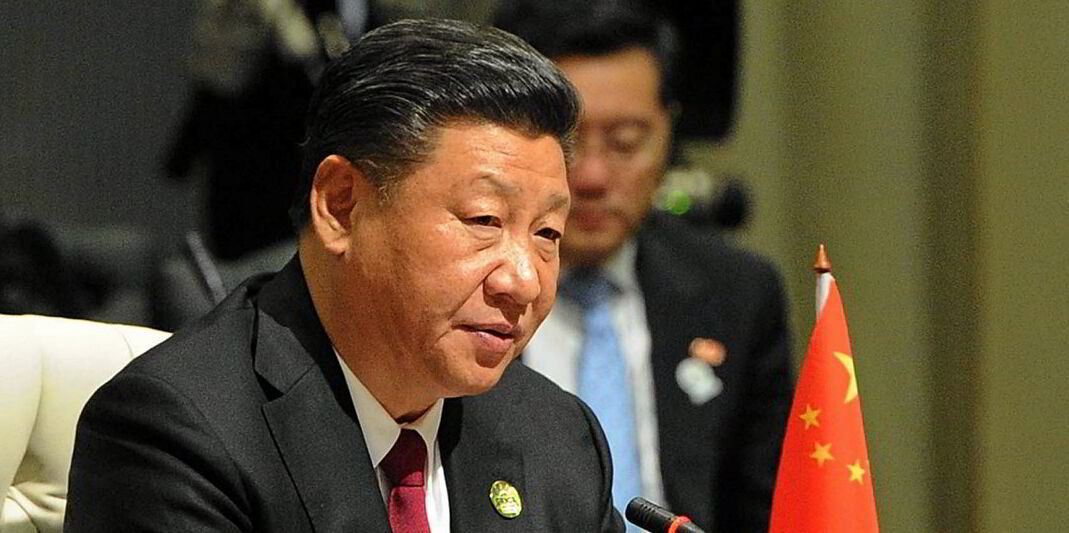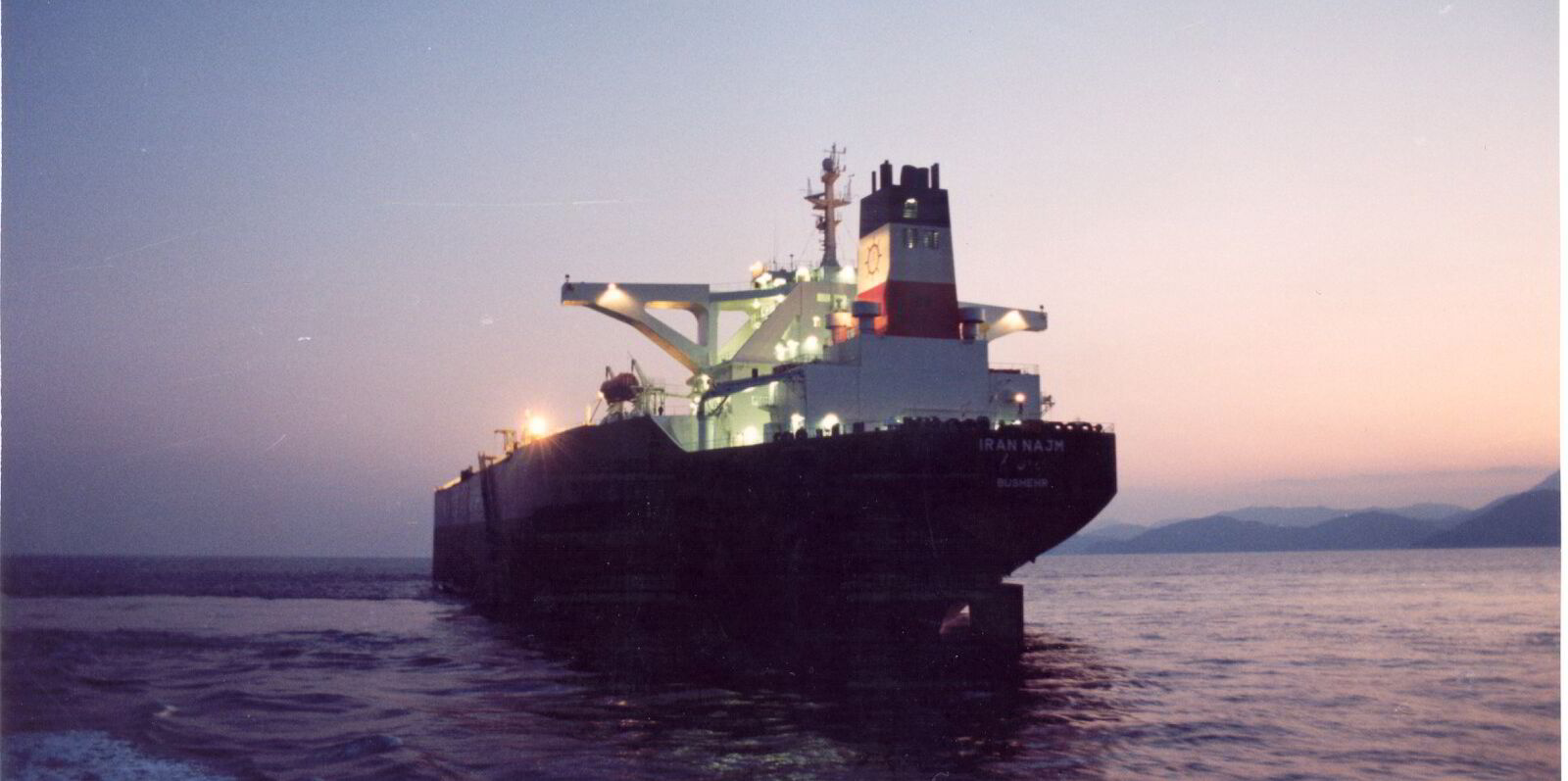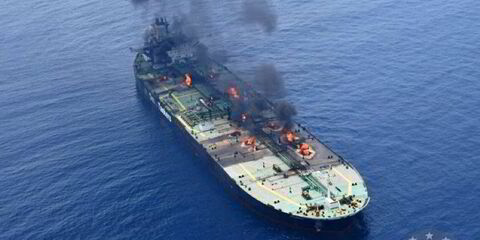A huge new Chinese stimulus plan could boost bulker rates, according to Clarksons Securities.
The finance ministry announced over the weekend that it would increase government debt and ensure that CNY 2.3trn ($325bn) in unused funds are allocated by the end of the year.
Beijing is aiming to boost gross GDP in the fourth quarter.
Clarksons Securities estimated that a 1% rise in Chinese GDP growth typically leads to a 0.5% increase in global dry bulk trade volumes.
“Higher Chinese import volumes are likely to result in increased port congestion, which could boost vessel demand even more,” analysts Frode Morkedal, Even Kolsgaard and Bendik Folden Nyttingnes said.
“We estimate that capesize rates could increase by $5,000 per day for Q4 2024, all else being equal.”
And if China can maintain 5% GDP growth next year, global dry bulk trade could increase by about 2.5%, the analysts argued, compared with their current projection of 0.5%.
“We believe rates in 2025 could reach the higher end of the $25,000 to $30,000 per day range,” they said.
Shipping stocks declined by 2% on average last week, with dry bulk equities taking the largest hit, down 4%.
Clarksons said this was driven by a 12% drop in capesize freight rates, plus uncertainty over China’s stimulus plans.
Valuations ‘highly compelling’
“We believe current dry bulk valuations are highly compelling, and China’s upcoming fiscal stimulus, while lacking key details, should provide positive support for the dry bulk market,” Morkedal and his team said.
Research company Capital Economics said China’s local governments may also now turn less risk-averse about investment spending, given signs that the central authorities are going to step in to clean up their balance sheets.
“While the announcement is encouraging for the property sector and dry bulk shipping, the scale and duration of future fiscal support remain uncertain, as details about next year’s budget have not been disclosed,” Clarksons said.
But it noted that the government has signalled increased economic support several times in the past month, and this is unlikely to be the final word on stimulus.
“Overall, we believe that China’s improving economic conditions offer a favourable risk/reward scenario, particularly for dry bulk equities,” the analysts added.
They also believe tanker stocks may benefit, as China's oil demand is expected to respond positively to economic stimulus and potentially exceed current expectations.
Star Bulk Carriers led dry bulk losses, dropping 7%, though the stock remains up 7% year to date.
Clarksons Securities calculates that a 10-year-old capesize, valued at $45m by shipbrokers, requires charter rates of $23,000 per day over time to achieve normal returns of 11% or 12% debt-free.
However, it said Star Bulk’s current valuation reflects rates of just $20,000 per day.





